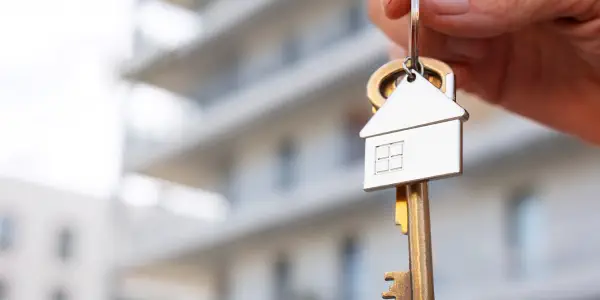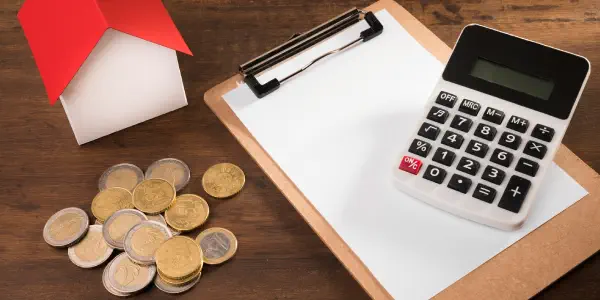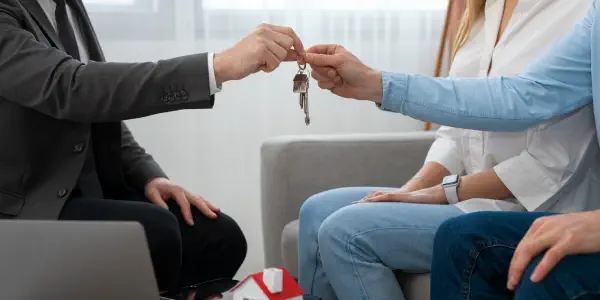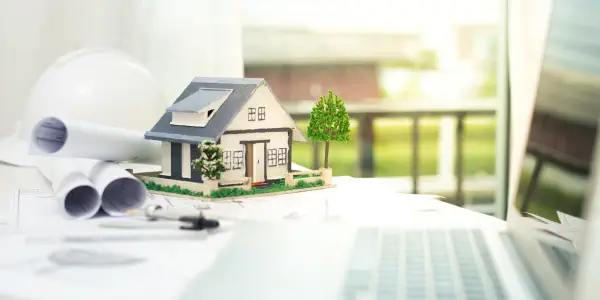Normal Wear & Tear
What is Considered Normal Wear & Tear?
Faded Paint. Paint may have a "useful life of 2-3 years, depending on who you ask. However, if you paint with a better paint, wiping down the walls works well.
Old, worn carpet when you moved in or furniture marks in carpet. The natural wearing down of carpet or drapes because of normal use or aging.
Worn hinges on doors or locks. Hole or ding in wall from missing door stop. Check each door.
Broken plumbing pipes, unless you damaged them. Central drain problems, not caused by your incorrect disposal of items. Older homes with old sewer lines may get roots growing through them, clogging the system.
Dirty Blinds - as in dusty.
General dust in the apartment. Be sure to clean behind the sofa and under.
Faded" curtains that were in the unit when you came. However, to remove curtains that you placed and did not remove, you may be charged.
Bulb that went out in the refrigerator.
Items To Be Considered As Damaged
Holes in wall from hanging pictures, removal of Decals on the walls. Larger gouges etc.
Tear in carpet, animal stains (even if landlord knew you had a pet). Burn marks - iron, cigar, cigarette, ground in stains.
Doors with holes. Doors or windows broken. Glass etc.
Clogged drains caused by your misuse of sinks or toilets. Disposal of feminine products should be in the trash, not the toilet.
Broken or missing blinds or curtains. If they were there when you moved in, they must be there when you leave. If you don't want them, discuss this with your landlord. If he says "I don't care" send him a letter to confirm..."as we discussed.."
Eliminating Flea infestations caused by tenants animals. The same for smoke damage from smoking or burning candles. Excessive bathroom mildew. Use a good cleaning product like Tilex or Spray 409 weekly.
Broken shelves in a refrigerator. Excessive dirt/dust in the refrigerator vents. This is the area under or behind the unit. Vacuuming improves performance. Every time you vacuum, vacuum around the unit.
Excessive dirt or filth in an oven or refrigerator. Defrost the refrigerator if not frost-free. Stoves can take 2-3 hours to clean if you have it cleaned.

A Landlord’s Guide to Rental Property Maintenance
Keeping your rental property well-maintained is not just about fixing things when they break; it’s about preserving your investment, keeping your tenants happy, and meeting your legal obligations.
Read More
Handling Difficult Tenants A Conflict Resolution Guide for Landlords
No landlord enjoys dealing with conflicts, but at some point you may encounter a difficult tenant or a challenging situation, whether it’s someone who constantly complains, violates lease terms, clashes with neighbors, or just communicates in a hostile manner.
Read More
How to Find and Rent the Perfect Home A Tenant’s Guide
Searching for a new place to live can be exciting but also overwhelming, especially if you’re a first-time renter. The process involves more than just finding a pretty apartment; you need to consider your budget, location, lease terms, and more.
Read More
Maintenance and Repair Requests A Tenant’s Guide to Getting Things Fixed
One of the great things about renting is that when something goes wrong with the property, you’re generally not the one who has to pay to fix it; that’s the landlord’s responsibility.
Read More
Moving Out How to End Your Lease and Get Your Security Deposit Back
Moving out of a rental can be just as important as moving in, especially when it comes to your security deposit. Landlords often require a deposit to cover any damages or unpaid rent, and getting that money back can make a big difference when you’re setting up your next home.
Read More
Rent Collection and Dealing with Late Payments Best Practices for Landlords
Collecting rent on time is the lifeblood of any rental property business. When tenants pay promptly, you can pay your mortgage, taxes, and maintenance costs without stress.
Read More
Tenant Rights and Responsibilities 101
Renting a home comes with a set of rights and responsibilities for you as the tenant. It’s like a two-way street: landlords have obligations to provide you with a safe, livable space and treat you fairly, and you have obligations to take care of the property and abide by the lease terms.
Read More
The Landlord’s Step-by-Step Guide to the Eviction Process
Eviction is the legal process of removing a tenant from a rental property, and it’s often considered the action of last resort for landlords. In an ideal world, you never have to evict anyone; it’s costly, time-consuming, and emotionally taxing for all involved.
Read More
The Ultimate Guide to Tenant Screening for Landlords
Selecting the right tenant is one of the most important tasks for any landlord. A thorough tenant screening process helps ensure you rent to responsible, reliable people, reducing the risk of late payments, property damage, or evictions down the line.
Read More
Understanding Your Lease Agreement A Guide for Tenants
When you’re excited about moving into a new place, it can be tempting to breeze through the lease-signing process. However, the lease agreement is one of the most important documents you’ll deal with as a renter.
Read MoreRental Owner FAQs
Rental property owners —get answers to your commonly asked questions on our FAQ page!
View FAQ'SReady to put us to work? Lets Get Started!
Contact us now to find out how we can help!